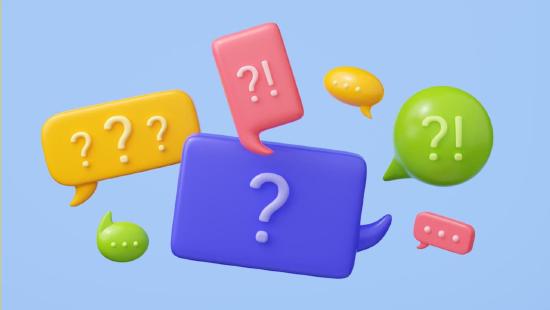Our latest community interview is with a teacher; someone who became deaf later in life. Deafness has touched many parts of his life, influencing the education and career of his children and his own professional and personal life. It’s a pleasure to welcome Mr Crawford Crombie Smith to the spotlight.
Tell us a bit about yourself.
Well, as you can tell from my name, I’m Scottish, and I’m proud of it. I’m delighted, by the way, that Scotland seems to be leading the way in recognising BSL and doing something about enshrining that in law, education and public services.
Sorry – back to me! I’m a teacher and have been for most of my adult life, working in both Primary and Secondary schools in Buckinghamshire and in Leicester. I teach Mathematics and Science mainly, and specialising in working with pupils who have additional needs or in special circumstances. I also teach swimming. I love teaching and even though I do less ‘proper’ teaching these days, I do still do coaching, one-to-one tuition, and things like that. Teaching, and especially having regular contact with and challenges from young people keeps me lively, alert and interested in things. And I’m married, have been for over 40 years and have three children; one of them has chosen a career working with the deaf community.
Can you tell us how and when you became deaf?
I suppose officially, it was about 10 years ago, when I was in my 50s. That was when I had the official assessments and diagnosis. But really it goes back a lot further than that. I had meningitis when I was a baby – and that was a very long time ago! I may have had some hearing loss early on but not much. There was a more noticeable drop in my hearing in my late 30s and then again quite recently.
What has been the biggest impact on your life of your deafness?
For me, the biggest impact is that I’m not always aware of things around me. Or not aware in the same way. When I’m in the garden or out for a walk, I know there will be birds singing, and might even have been able to identify them in the past. I don’t really know they’re there now. And obviously I know when it’s raining, but I don’t get the same sensations as I did before as I can’t hear it on the roofs or trees.
And, of course, I’m completely unaware of when the children are talking in class, if they are careful to hide it, though I have developed a few tricks and techniques to keep them on their toes. Turning round suddenly, for example, makes them think twice about how much I can really hear!
As a deaf person, what would be your message to hearing people?
The first one is obvious; turn and face the person you’re talking to. I suppose it’s common courtesy anyway but it’s especially important if one of the people has some form of hearing loss. And, let’s face it, everyone gets more out of a conversation if you can see the facial expressions, get reactions, and read the body language. And some of us do rely on lip reading for at least some of the meaning.
The second point is a bit more tricky, I suppose. It’s about people covering their mouth or face. I really don’t want to offend anyone, but I find beards, hoodies, balaclavas and hijabs a very effective way of excluding deaf people from your world.
How has deafness impacted your identity?
That’s an interesting way to phrase the question! I’d say that being deaf is just part of my identity now. People change, and my becoming deaf is just one way in which my identity has changed. I suppose the family would have lots to say about how it’s changed my behaviour. I’m still me though.
Now that I’ve been diagnosed, I think it’s great that I’m able to wear hearing aids – my choice – so that I can store up more memories before my hearing gets worse. And it also means that I have to read subtitles quickly when I’m watching TV. Is that a problem, or am I merely learning a new skill – speed reading?
Let us know what you think, email us at info@deafax.org

